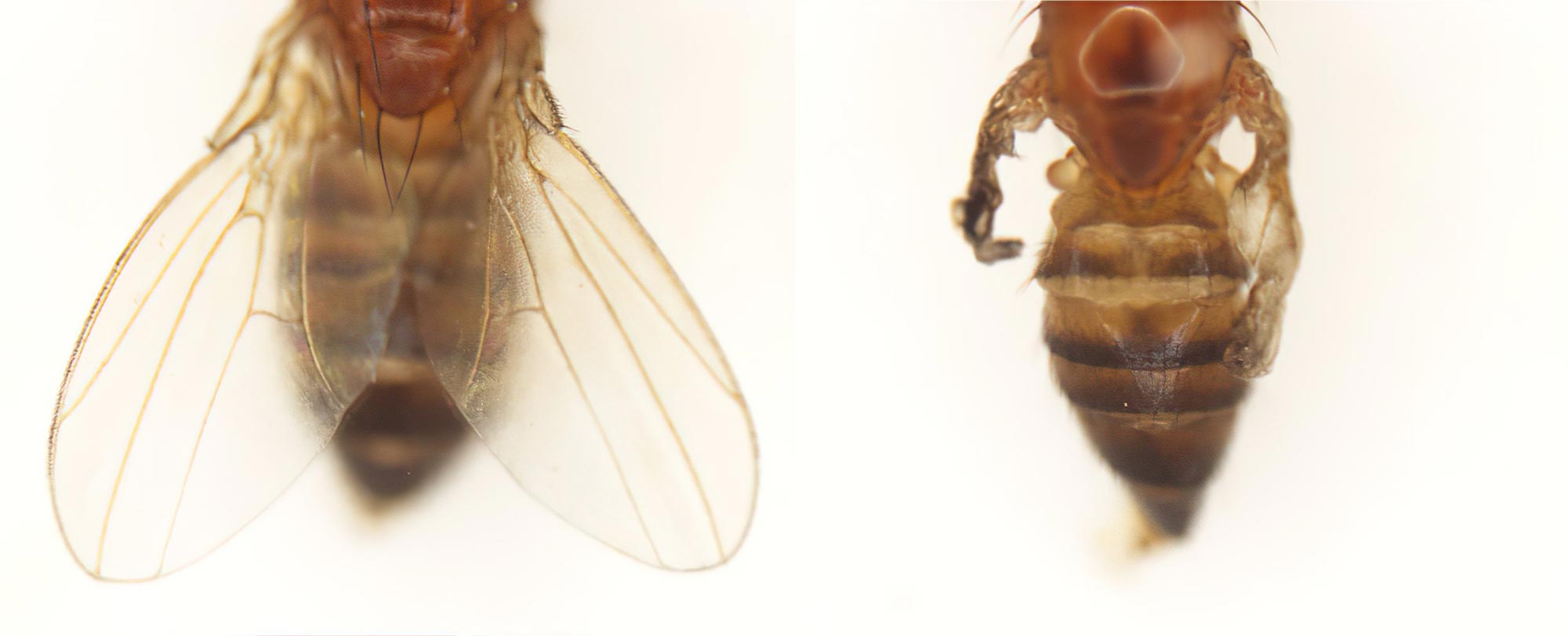Connect with us
Published
1 week agoon
By
admin
Researchers from RIKEN have made a significant discovery that challenges the long-held belief that fruit flies lack BH3-only proteins, crucial for initiating apoptosis—a process of programmed cell death. Contrary to textbook claims, they identified a gene in fruit flies named “sayonara,” which encodes a protein that detects cellular stress and triggers apoptosis, indicating that fruit flies share a similar mechanism for this process with mammals and nematodes. This finding suggests that fruit flies are not unique in their apoptosis regulatory mechanisms, as previously thought. The researchers observed that expressing the sayonara gene in fruit fly wings led to their deterioration due to apoptosis. Sa Kan Yoo, a lead researcher, noted that the protein’s existence likely went unrecognized in past genomic studies due to incomplete sequencing, which may have led to its omission from scientific literature. This discovery opens new avenues for understanding cell death in insects and could have implications for broader biological research regarding apoptosis across various species. The team is now further investigating the consequences of activating this newly identified BH3-only protein and whether other insects possess similar proteins.


















